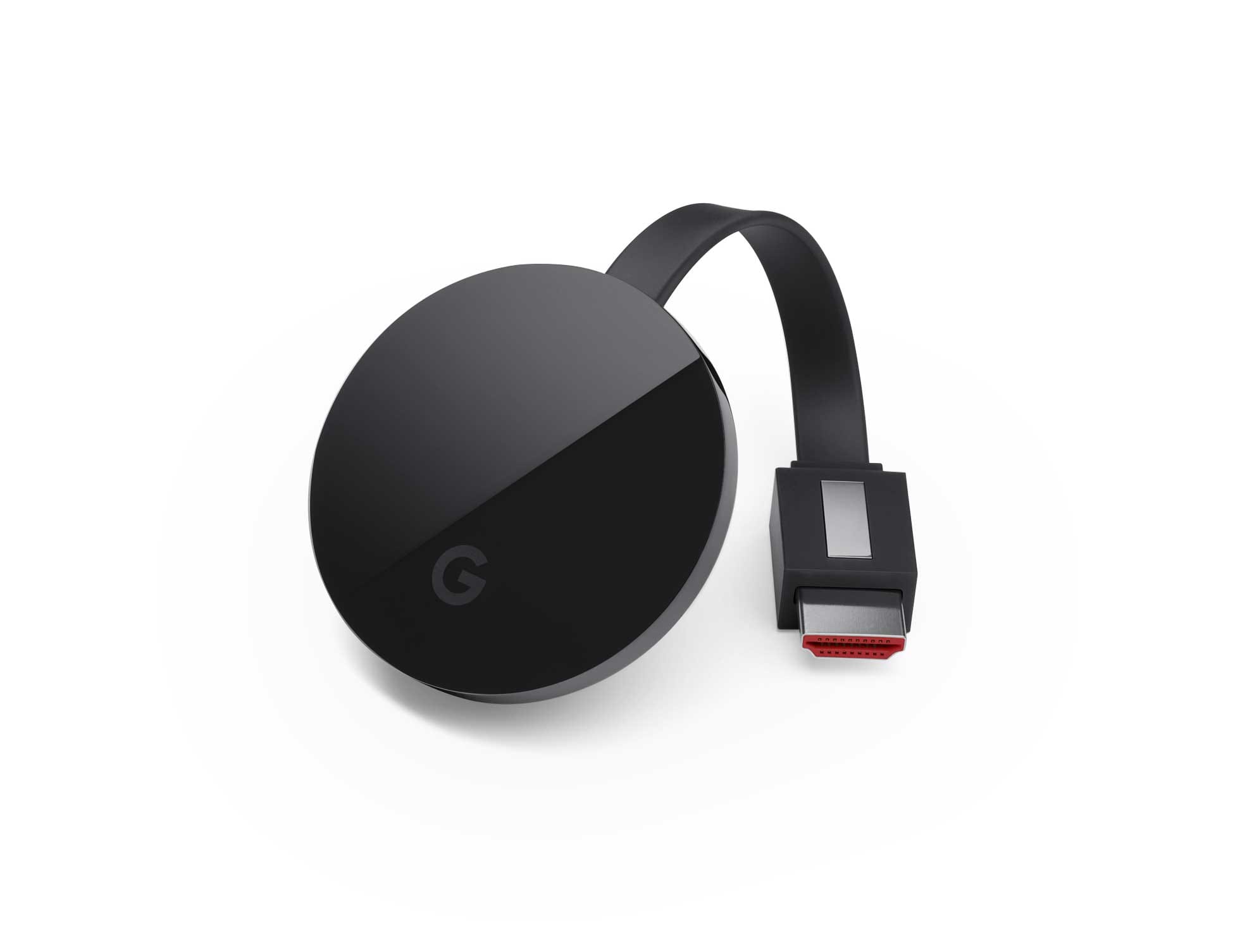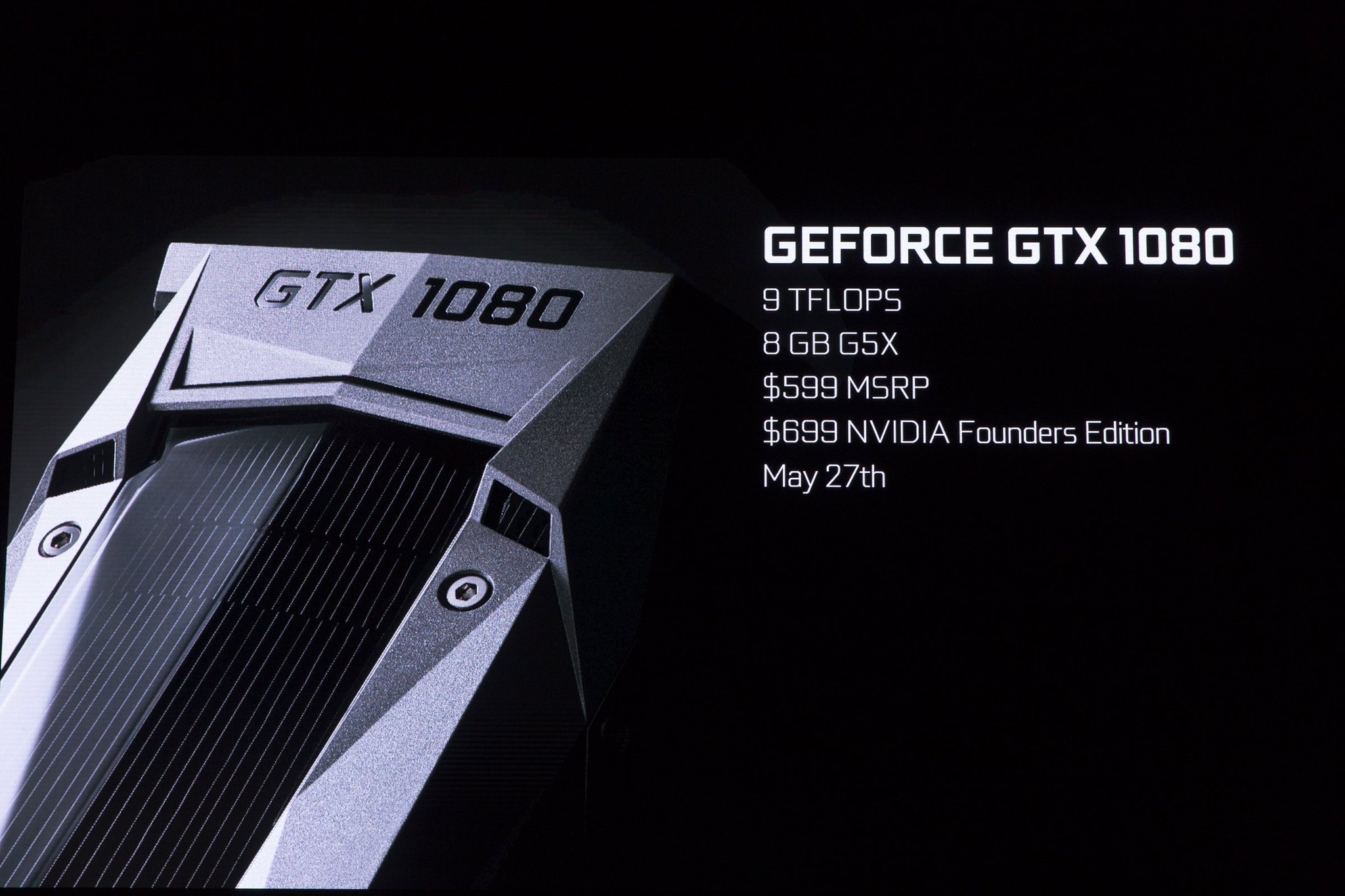Internet Archive
The Internet Archive is a website that saves the history of most web pages around the web. There are currently more than 279 million saved web pages. They also save numerous images, software, audio, text (books), and videos. The Internet Archive holds more than 10 petabytes of data.The Internet Archive organization made a backup archive in Canada because as technology continues to grow the risk of security is far greater. Making a backup in Canada will save the history of everything we've done in the past years.
Collaboration
- Collaboration - When you work with other people to achieve a common goal.
- People usually communicate when they are together in the same area talking and working with each other.
- This method will not work properly when a member of the group is not there with them.
- The benefit of collaboration on the net is that you can work with someone wherever you are (as long as you have the Internet). You also have access to the Internet so you can use different mediums if you want too.
- Three benefits of using Google Docs and Spreadsheet are: you can edit each other's work, you can work on it whenever you want, and you can share ideas and comments.
- From Google A-Z there is an app called e-books. It’s an official Google Play store category, so instead of buying physical copies of books, you can keep many books on your phone/tablet.









